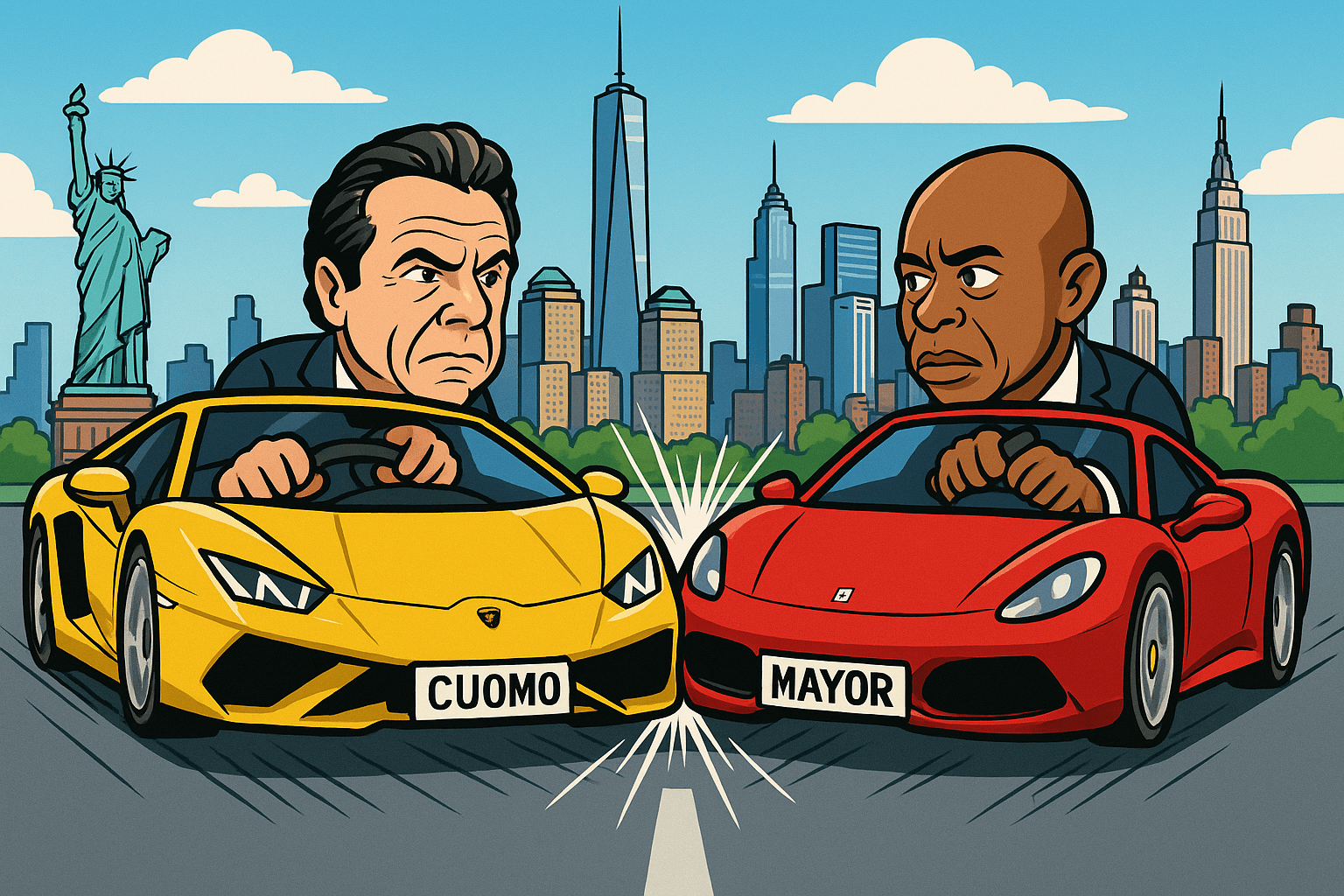Despite Calls for Transparency, Taxpayer Supported Organizers Refuse to Disclose Funders Until after Party Conventions

The Democratic and Republican national conventions will take place later this month, but as the attention shifts to issues like possible vice presidential picks and weekend entertainment and theatrics, some are asking, "Who is paying for these conventions?"
Thus far, however, the organizers for these conventions – nonprofit, nonpartisan entities known as "host committees" – have refused to disclose which groups and individuals are helping pay for these multi-million dollar events. This lack of transparency has left some concerned about the influence of lobbyists, special interests groups, and corporations, which are stepping in to assist with fundraising.
Previously, since 1976, the federal government subsidized these events. In 2012, for instance, it contributed more than $18 million to both parties to help pay for their conventions. But in 2014, Congress ended these subsidies, creating instead special accounts designed to encourage generous donations.
At the time, RNC Chairman Reince Priebus welcomed the move, calling it "reasonable" to have the parties raise money for their own conventions. Now, however, the organizers are struggling to hit their fundraising goals (set at $64 million by both host committees), and they are keeping their donors secret. According to federal election law, the host committees do not have to open their books until 60 days after the conventions.
Yet there is a movement underway in Philadelphia, where the Democratic convention is being held, to have this information disclosed.
Pennsylvania's Office of Open Records ruled in June that the host committee, which has been given a $15 million line of credit by the city, must make its quarterly fundraising reports public. The host committee has until July 15 to appeal the ruling.
A local group called Reclaim Philadelphia has also pushed for transparency, demanding that the host committee voluntarily disclose its donor list. Xelba Gutierrez, an organizer for the group, is worried about the influence of lobbyists "that are in complete contrast to the platform that they are supposed to be working on."
Reclaim Philadelphia also wants some convention organizers to resign from their posts. One committee member it wants to see step down is Daniel Hilferty, the committee's finance chair. Hilferty is the CEO of health insurance company Independence Blue Cross and serves on the board of directors for the insurance lobbying group AHIP, which lobbied against the Affordable Care Act.
Corporate and lobbyist influence is one issue some have feared since the DNC removed the restriction on contributions by lobbyists to cover convention-related costs in July 2015. The DNC cited the 2014 elimination of federal funds as the reason for removing the ban that was put in place for the 2008 and 2012 Democratic conventions.
In October 2015, members of the DNC, including Chair Debbie Wasserman Schultz, met with lobbyists to discuss the rewards for various levels of donations. Lobbyists who raised a minimum of $750,000 or gave $200,400, for instance, were offered numerous perks, including VIP passes to various events and "participation in business roundtables and industry panels throughout the Convention."
The host committee in Cleveland, the site of the Republican convention, has also refused to disclose its donor list until after the convention.
Corporate and lobbyist support for the 2016 Republican convention has dwindled compared to 2012.
Companies that gave generously to support the convention in Tampa are scaling back considerably or withholding support all together. UPS, Apple, Motorola, and Hewlett-Packard have announced they will not support the GOP event in Cleveland, and others like Coca-Cola and Wal-Mart are reducing their donations by as much as 90 percent.
While some companies have been opaque regarding the basis for their decisions, others have cited the policy positions of the party's presumptive nominee, Donald Trump. UPS CEO David Abney is critical of Trump's "trade bashing" and Apple, led by CEO Tim Cook, is opposed to Trump's rhetoric against immigration from Muslim countries.
Some lobbyists are also contemplating not supporting or attending the convention, in part because of Trump's professed independence from special interests. Conservative mega-donor Paul Singer said he will not take part in the convention, though the nonprofit group he founded, American Unity Fund, will lobby to have support for same-sex marriage included in the platform.
Though Cleveland's host committee has kept the public informed about the progress of its fundraising – it is currently 90 percent of the way to hitting its target – it has not provided information about the more than 100 donors who have contributed or specified all donation amounts.
As in Philadelphia, the host committee in Cleveland has received governmental assistance: $2.5 million from both Cleveland and Cuyahoga County and $10 million from a state economic development agency.




